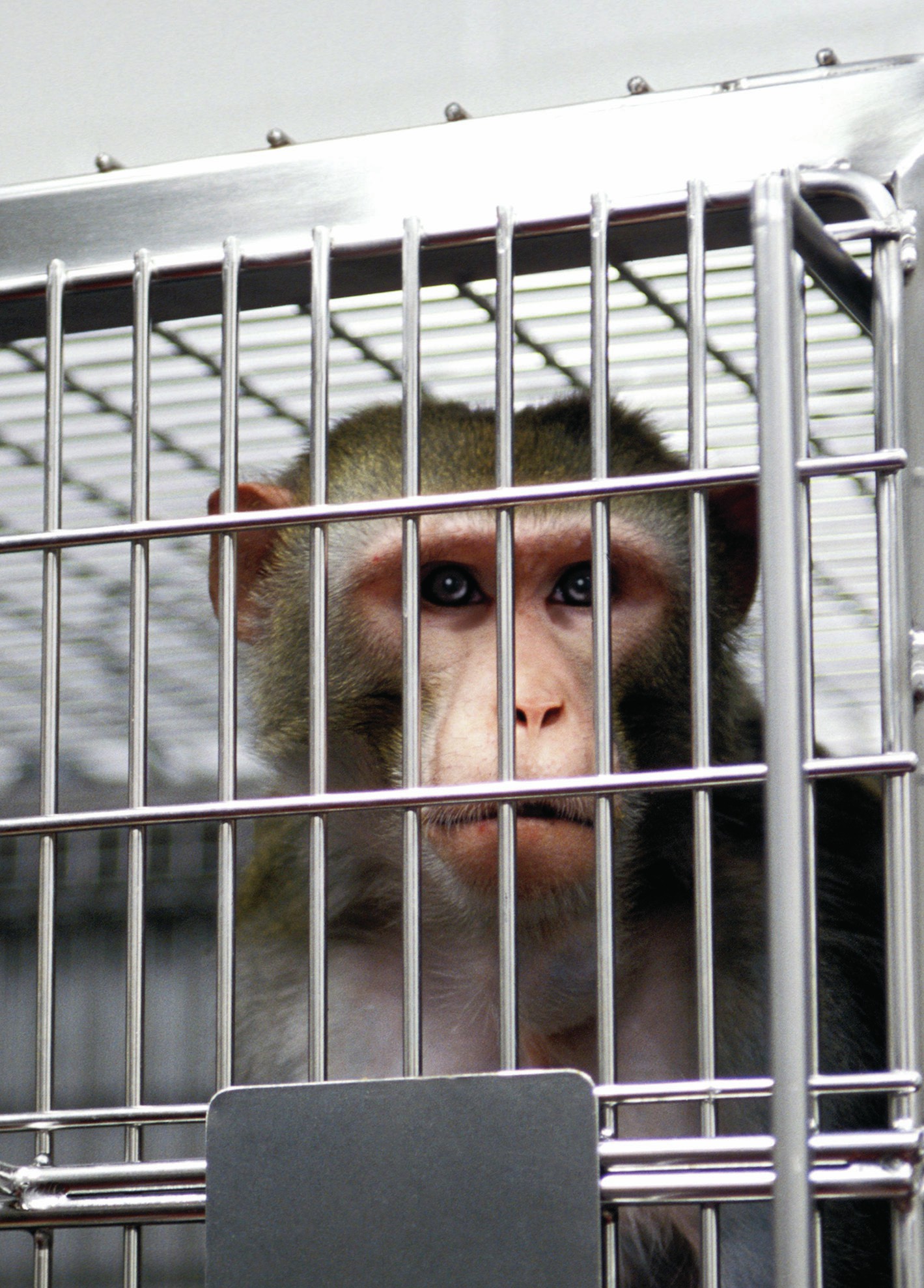
This article and the one written by Ian Stuart-Hamilton on attachment theory (PSYCHOLOGY REVIEW, Vol. 16, No. 3) explore two of the most critical questions in all of psychology: ‘What are the effects of deprivation?’ and ‘What are the effects of institutional care?’ These two questions are often interlinked as poor institutional care is often associated with deprivation/privation and a child’s ability to form a secure attachment. An important point to make, however, is that institutional care, full time or part time, is by no means always characterised by poor substitute parenting.
1 In order to see the big picture, read or re-read Ian Stuart-Hamilton’s article ‘Attachment theory’, PSYCHOLOGY REVIEW, Vol. 16, No. 3. If you do not have access to the magazine itself, see the Online Archive. Make sure you can explain the difference between deprivation and privation.
Your organisation does not have access to this article.
Sign up today to give your students the edge they need to achieve their best grades with subject expertise
Subscribe




